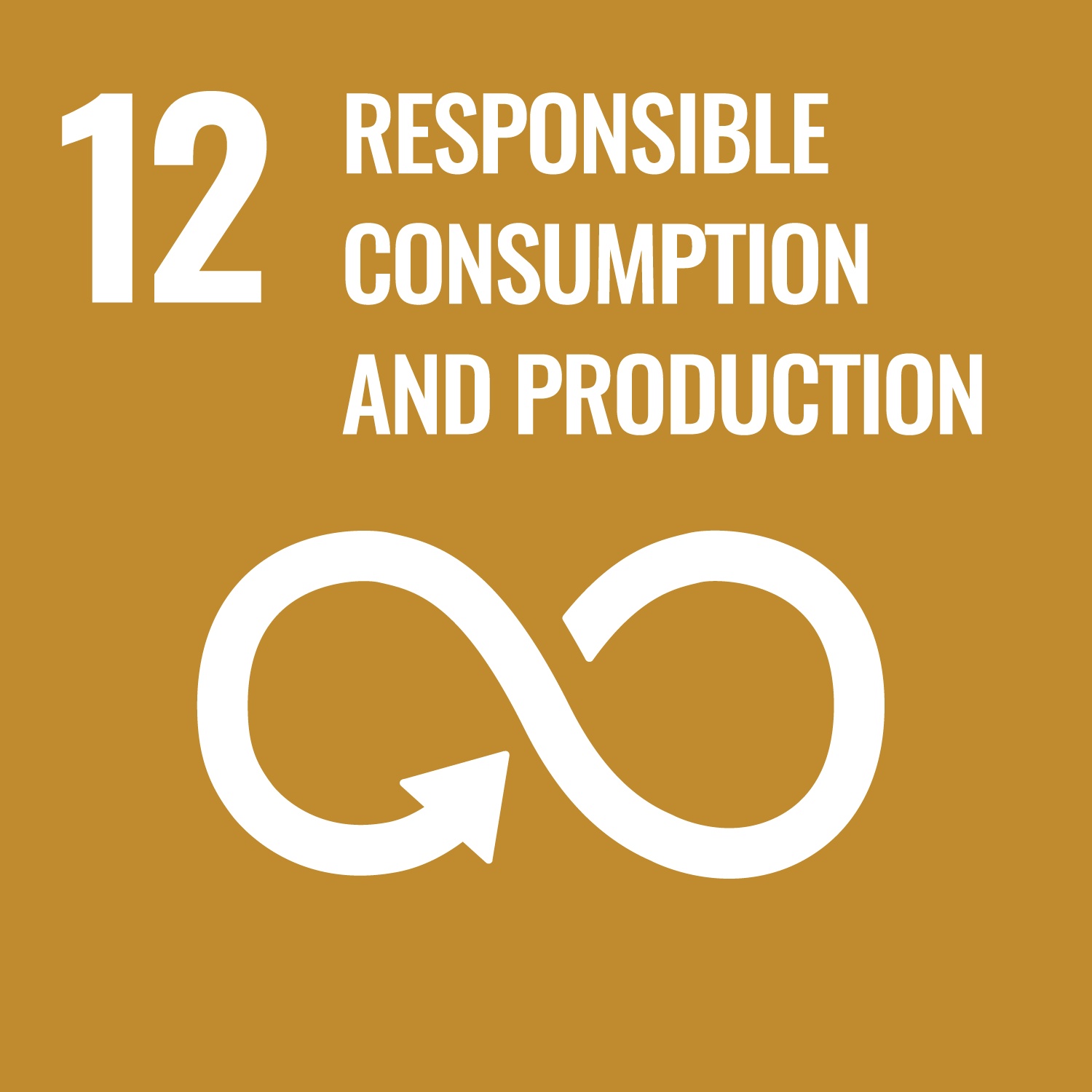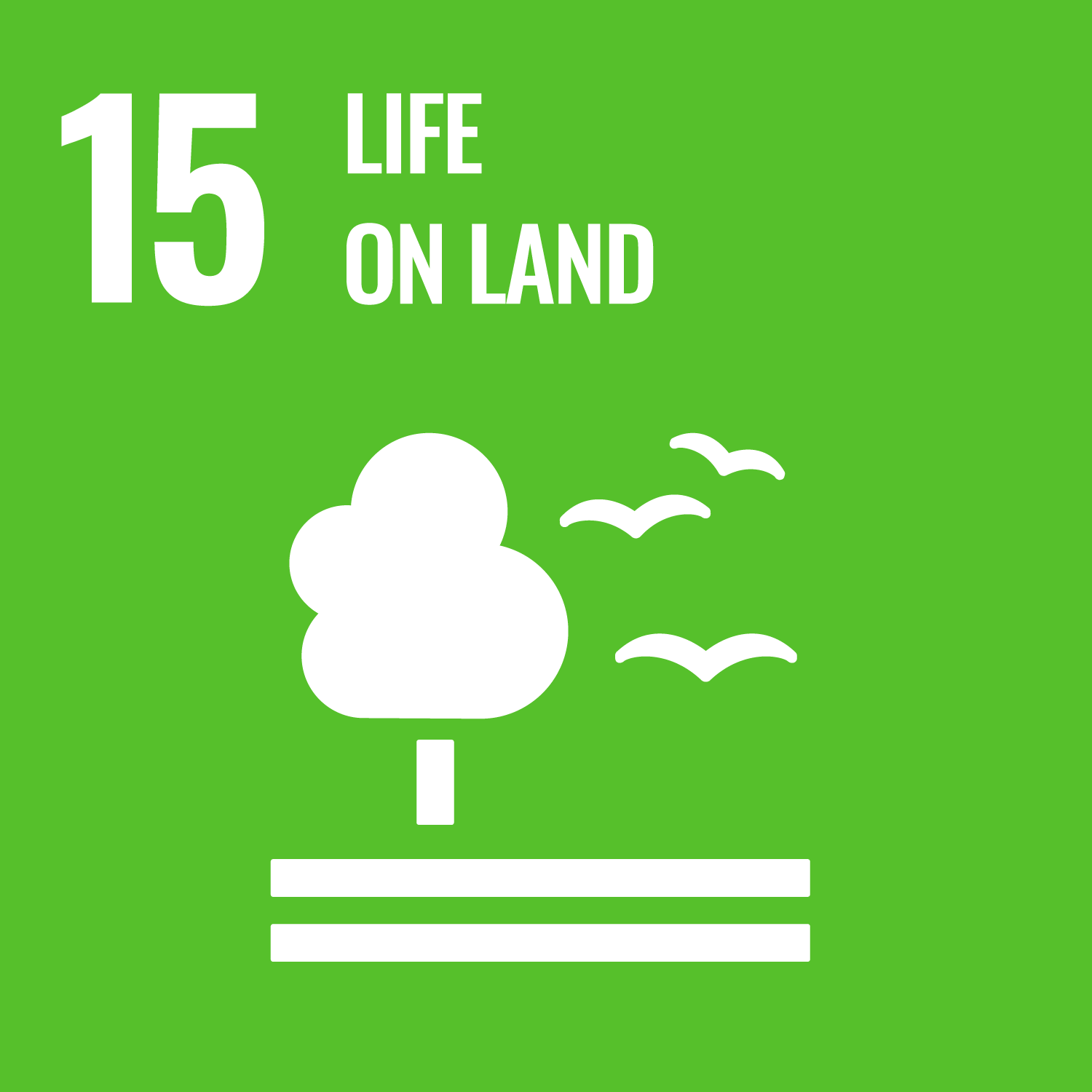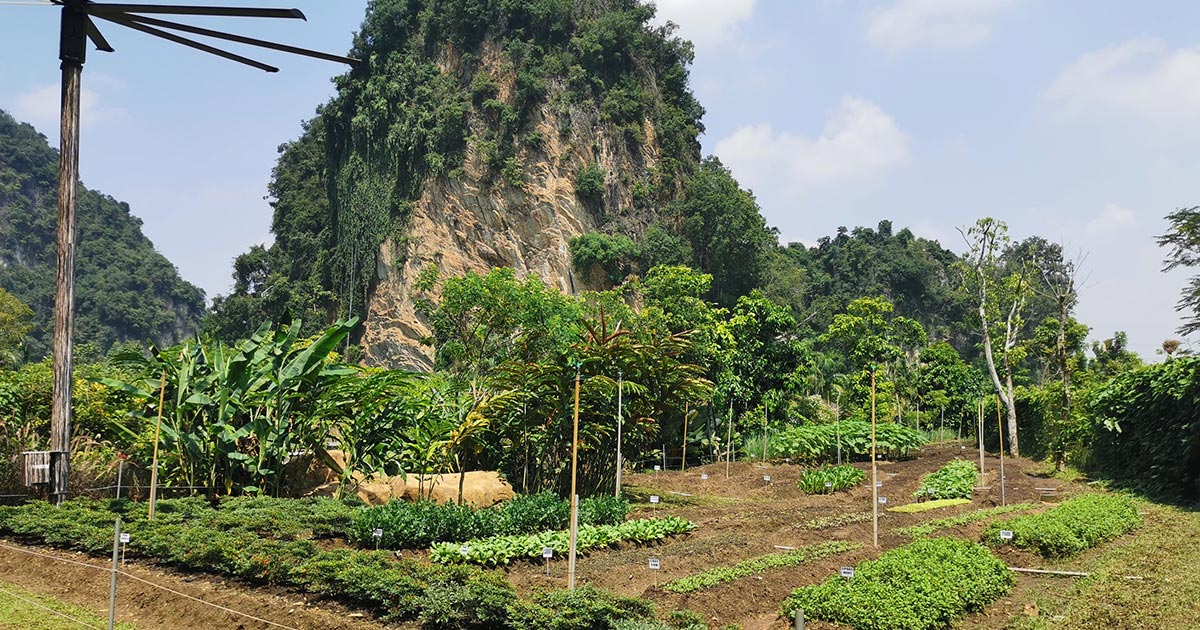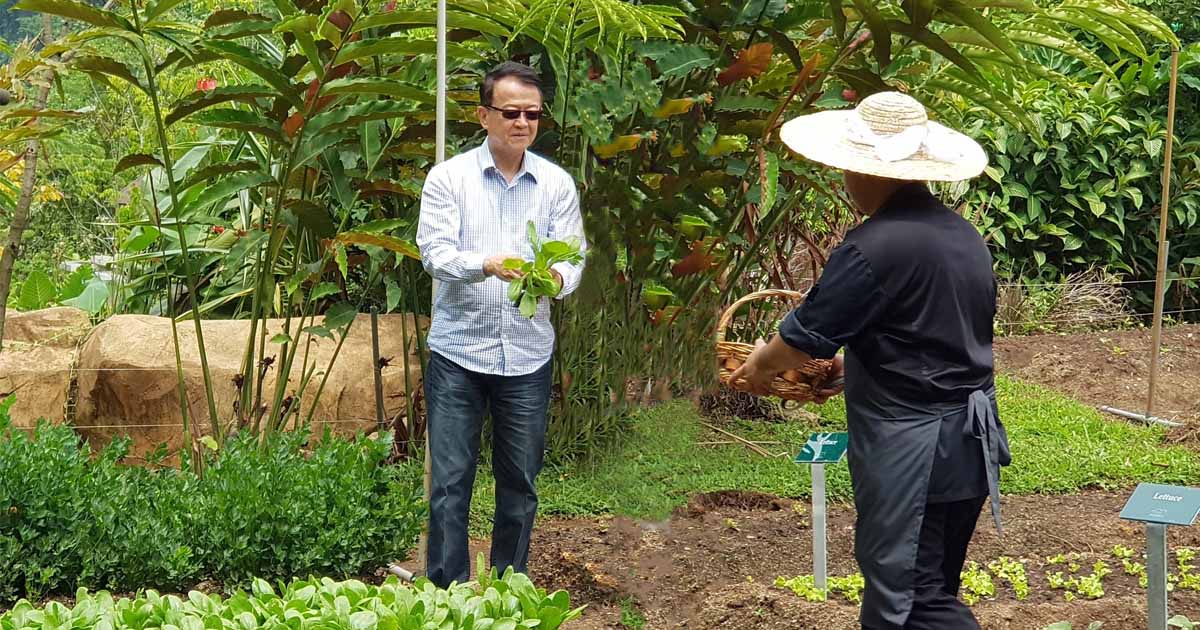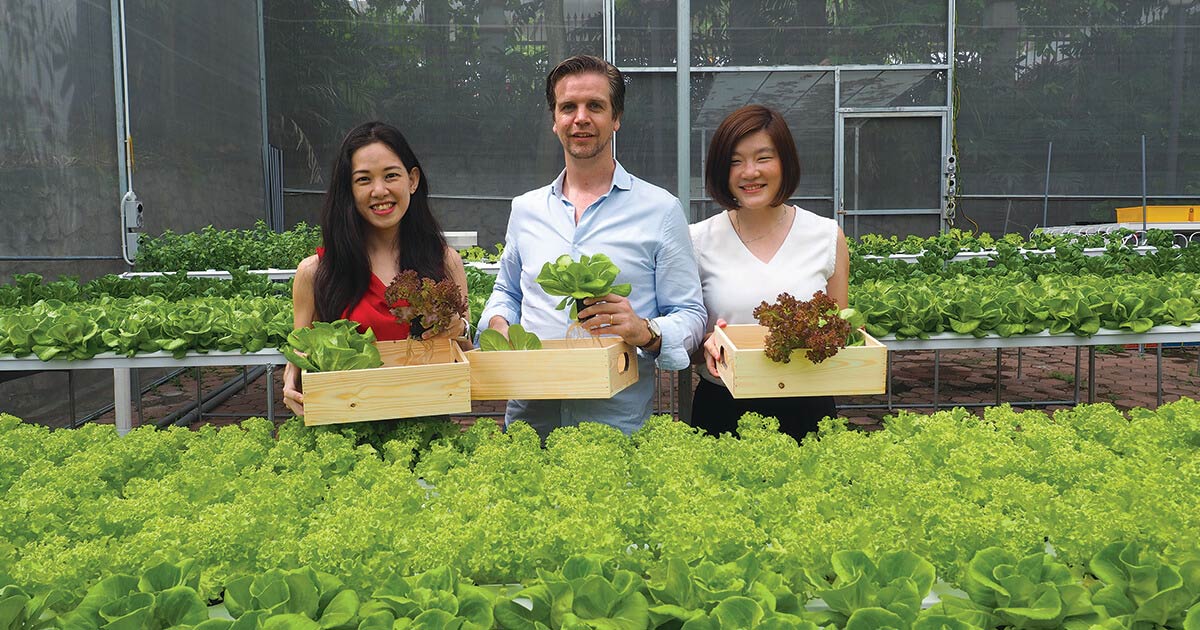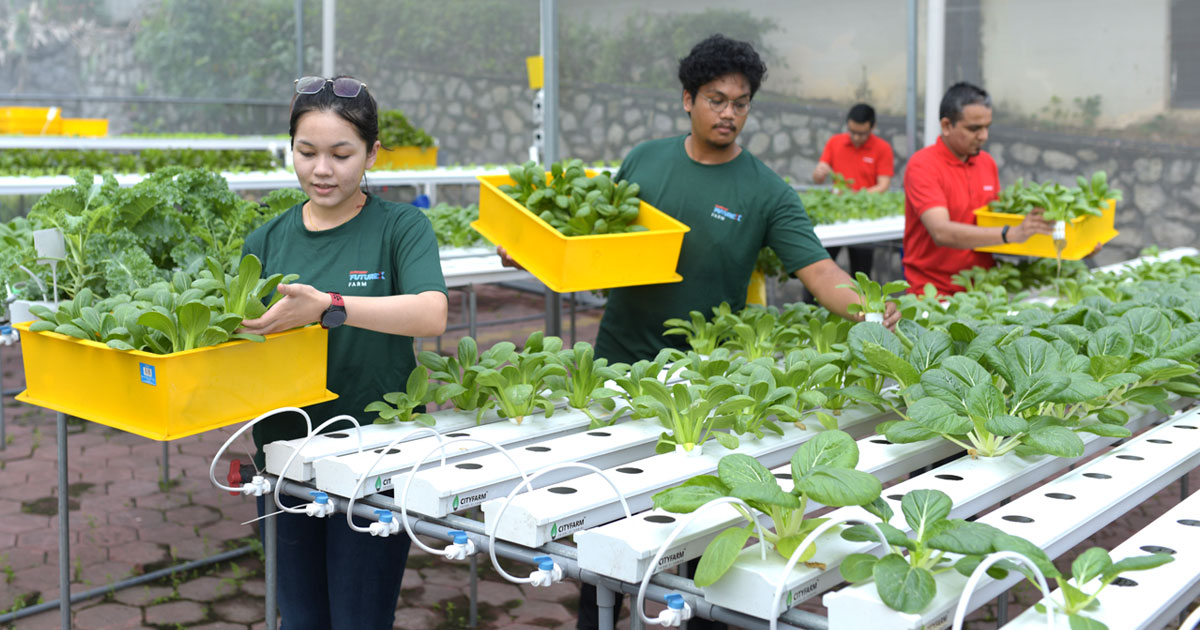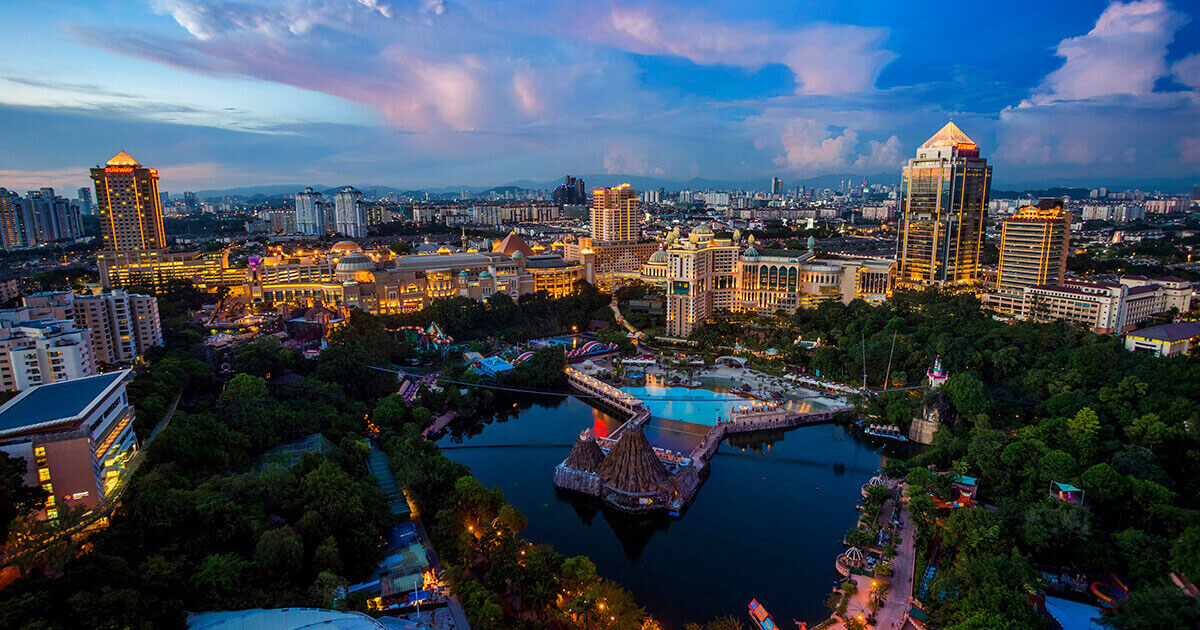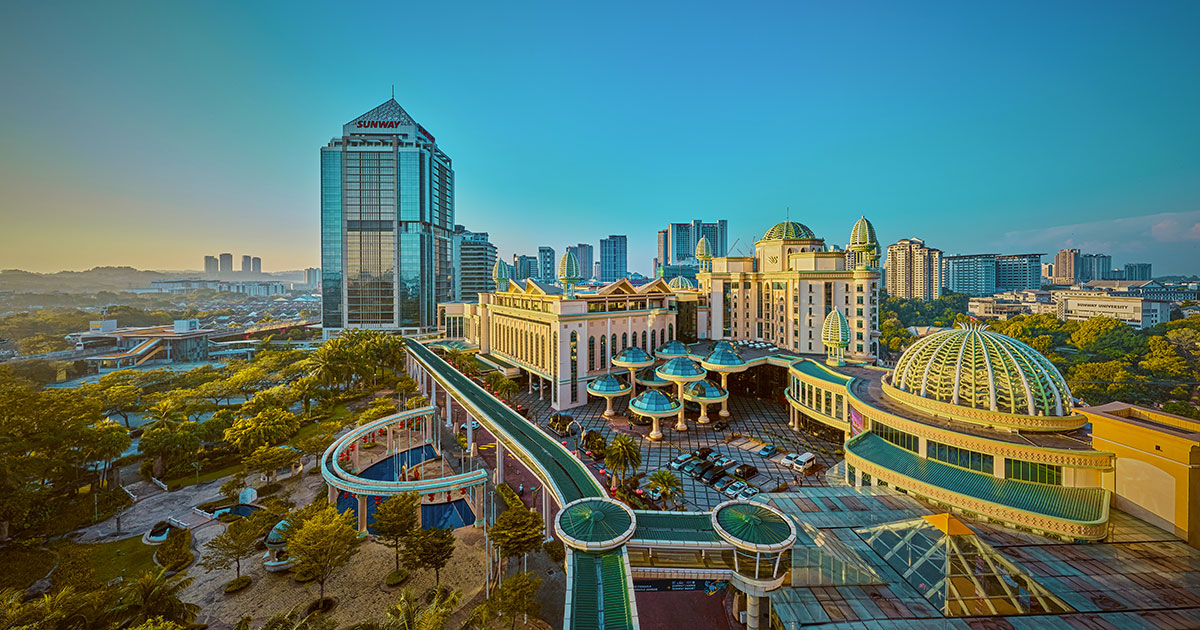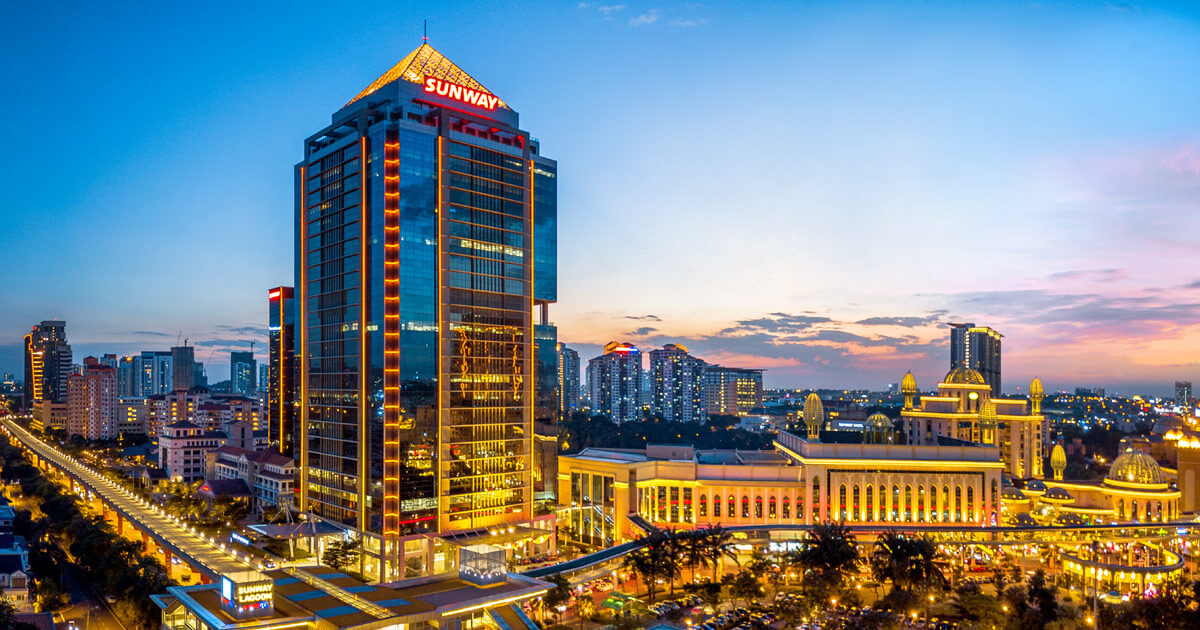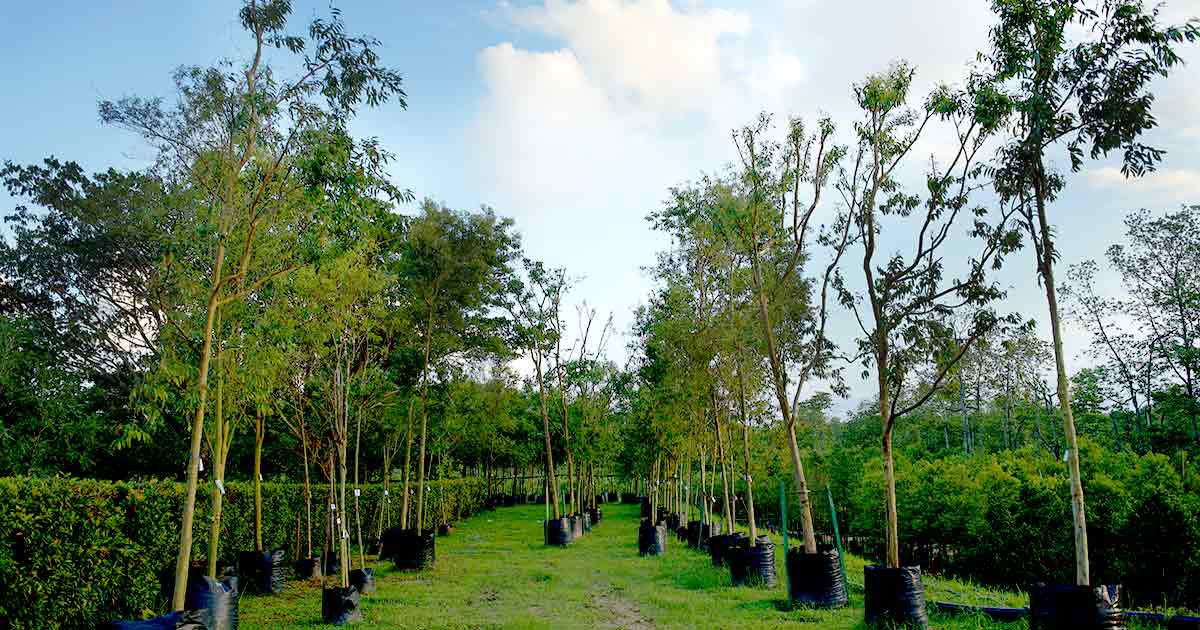The Real Value of Organic
-
The beauty of organic farming does not always lie in the bounties of its harvest or its nutritional index.
-
Of all the buzzwords sweeping the food industry in recent years, “organic” ranks top in popularity yet somehow remains ambiguous.
-
Thanks partly to misinformed advertising, the primary message of the food movement to reach the broader public has not been a call to arms, but a vaguely feel-good mantra.
Today, “organic” is a multifaceted symbol representing everything from artisan ideologies to trendy health practices, with an individualistic emphasis on self-care. It is slowly deviating from its original values and the stringent definitions laid out by regulatory bodies.
In order to qualify as organic, produce must first be grown without synthetic pesticides or chemical fertilisers, among others. Pest control and crop nutrients are to be managed through natural physical, mechanical, and biological methods as well. However, while the organic label certifies that products were produced using fewer modern inputs, it is not yet proven to be a guarantee of their nutritional values. Available studies abound but scientists have yet to decide if one is indeed more nutritionally superior to the other. As the din of debate continues, a few critical elements risked getting lost in all the cacophony: culture, context, and voices from the field, which all provide important reasons beyond nutrition to choose organic food.
Keeping the Human Touch
At Sunway City Ipoh organic farm, those noises seem to fade into the background. Stretching 20 acres among a forest of greenery at The Banjaran Hotspring Resort, a luxurious eco-retreat in Ipoh, the extensive ground plays home to rows of organically grown herbs and vegetables. Their varieties could rival the local farmers’ market. Every day, a team of growers go out into the field to mow and sow in those beds. They weed, mulch, and apply all-natural fertilisers; irrigate the crops with water from the mountain; and spend many interminable mornings transplanting seedlings in sunstroke heat or harvesting root crops in torrential rain. Regular crop diversification and rotations are instituted following the changing of the seasons. This system keeps the farm and its soil vibrant year after year, with little waste.
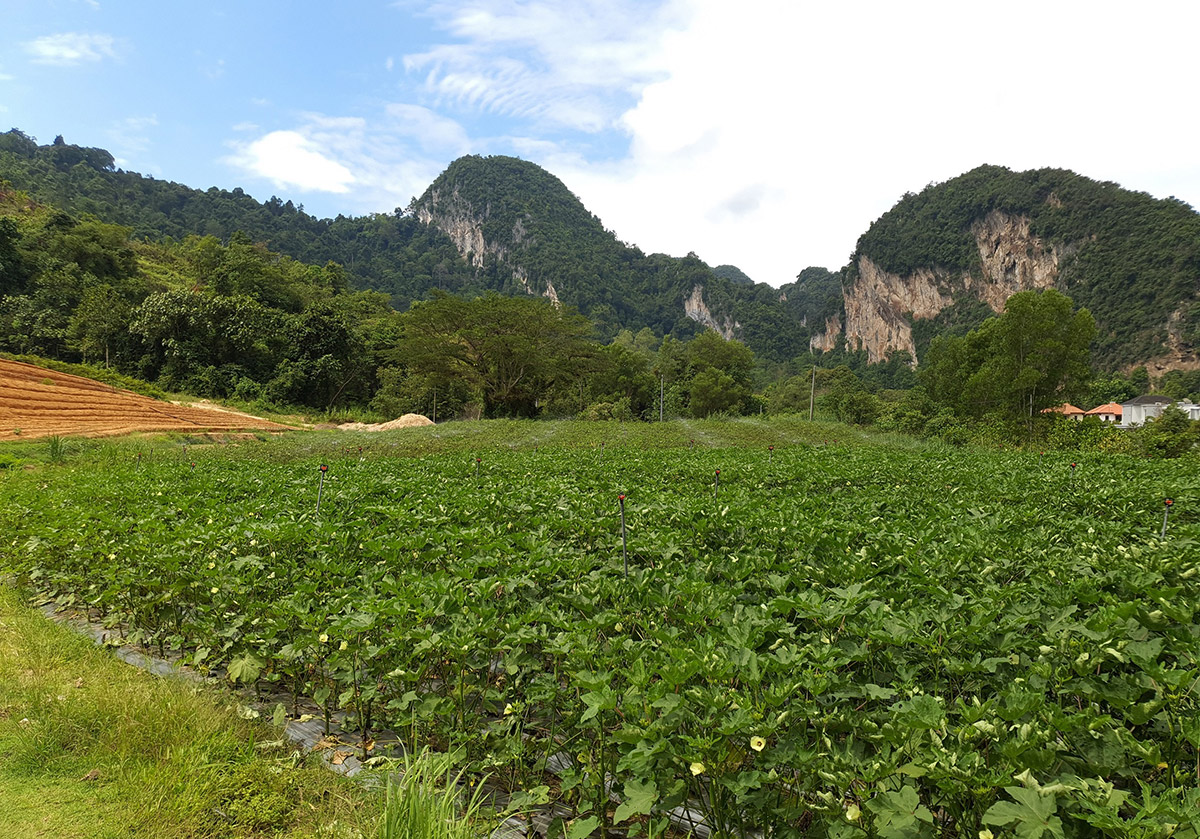
Sunway City Ipoh’s 20 acre organic farm
The flurry of horticultural activities documents the pastoral realities of organic farming. That and its need for human skill and greater knowledge. The Green Revolution that broke out post-World War II has transformed what was essentially a human profession into an industry. By embracing chemicals and machines, the approach to growing food has veered sharply away from human stewardship. To grow organically is to directly oppose the excesses of industrialisation. The Sunway City Ipoh organic farm has proven it to be an economic advantage. For one, it creates employment in developing countries like Malaysia where underemployment is on the rise, and demographic growth stays high. Combined with the right digital technologies, the elaborate labours make harvest – of good food, as well as good quality of life for all – possible.
A Stance Against Ecosystem Loss
Sunway City Ipoh organic farm was born from Sunway Group’s deep commitment to sustainable development. The Group’s founder and chairman Tan Sri Sir Jeffrey Cheah long ago created a blueprint for townships to run sustainably: green buildings, solar energy, water treatment, waste diversion, everything recycled. Besides job creation, the organic movement would be a return to ecological health.
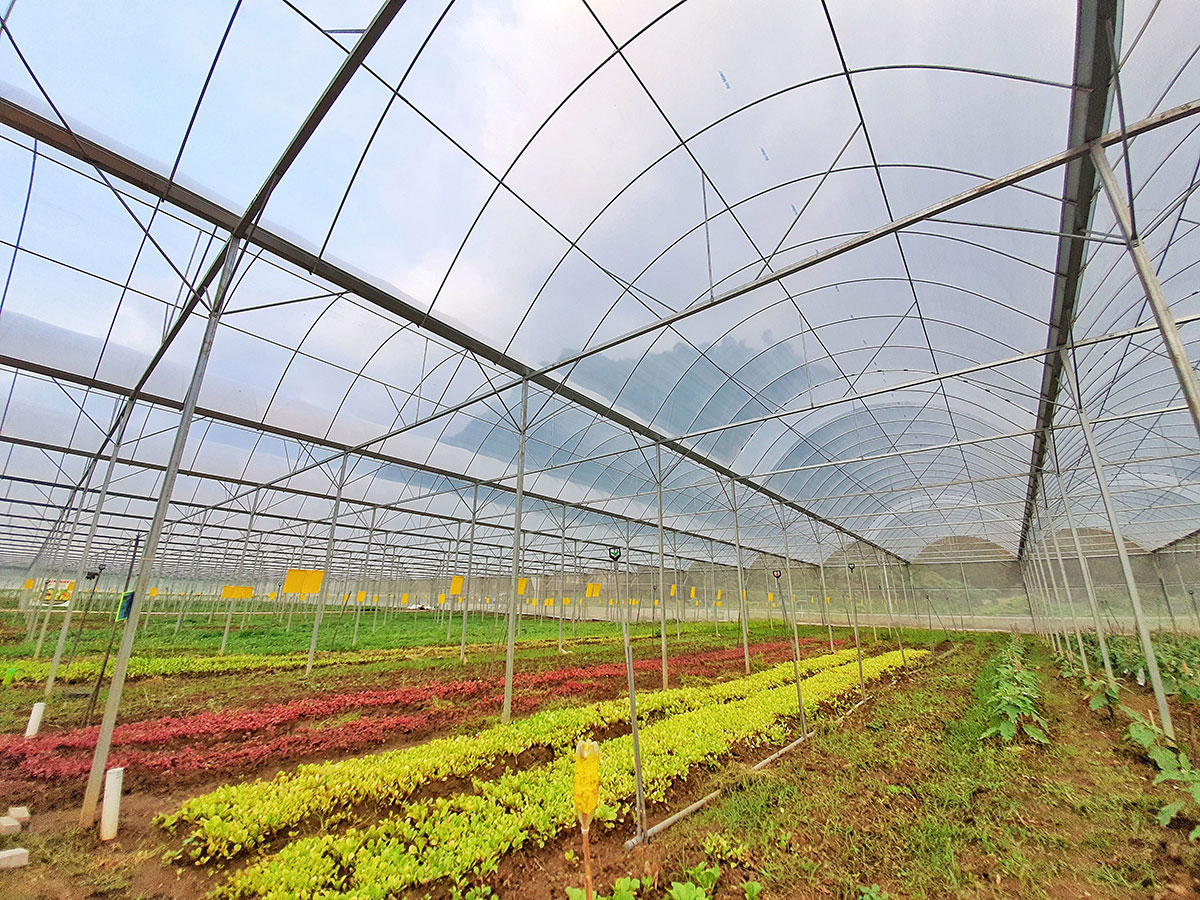
Sunway City Ipoh’s organic farm, located adjacent to The Banjaran Hotsprings Retreat, produces pesticide-free fruits and vegetables with fresh water from the mountains
Organic production systems do not try to dominate the landscapes. It is widely accepted among the community that nature, unlike a factory, could not be dissected and reassembled to maximise productivity. Blotting out one element of wildlife, even a pest, will cause severe disruption to the food chain. Instead, organic producers respect and mimic the systems already present in the natural ecosystems. This is ecological integrity.
Industrial agriculture may be able to produce massive quantities of crops at remarkably cheap prices. But it does so at a prohibitive cost to the environment and living beings, hidden in the creeping degradation of our fertile farmland, residual pollution in our water courses and the scary rise of contaminated food. Adding to the price tag is the acceleration of climate change. According to a report presented by The Intergovernmental Panel on Climate Change, agriculture accounts for 16 to 27% of human-caused global-warming emission. The heavy use of synthetic fertilisers is one of the principal culprits.
One thing the organic farm in Sunway City Ipoh is teaching us: humans need to start learning to oblige the tenets of the land. Otherwise the consequences for ecosystem security could not be bigger. Organic food may or may not be more nutritious. But that is beside the point.
This article first appeared in Berita Sunway Issue 73











